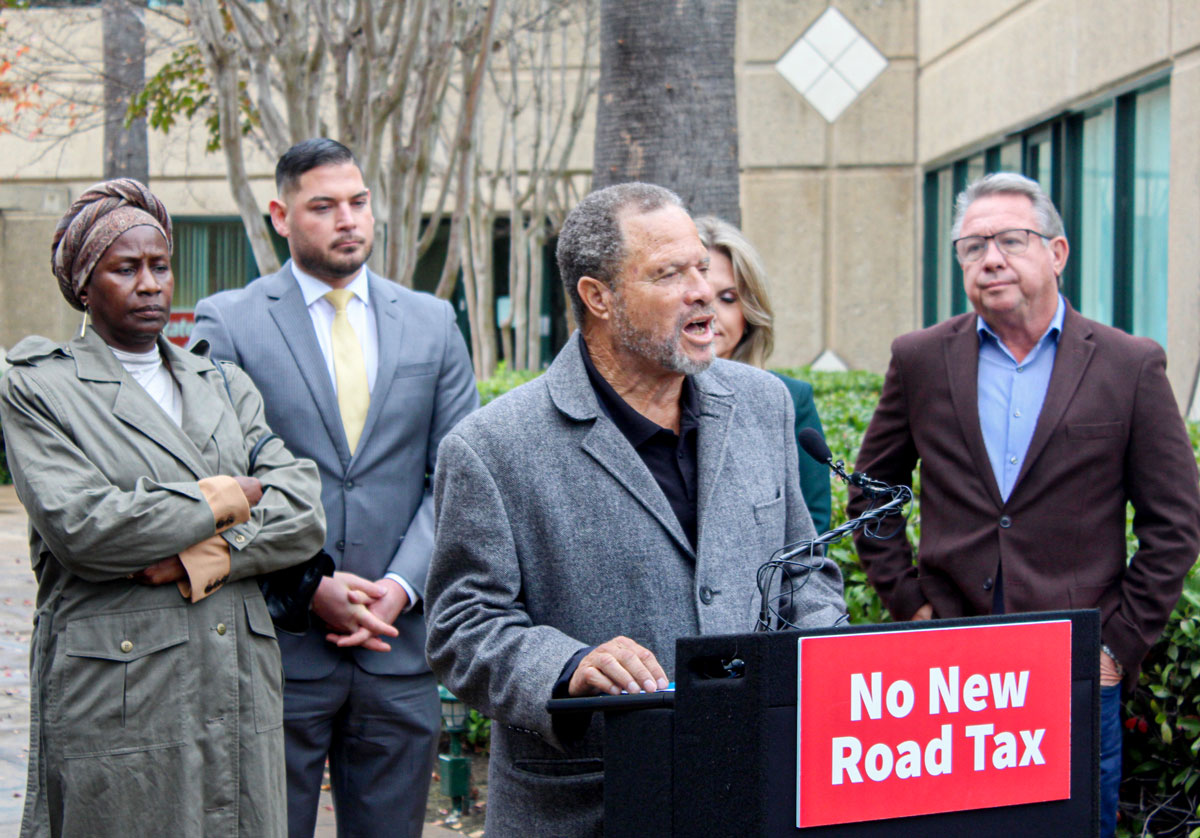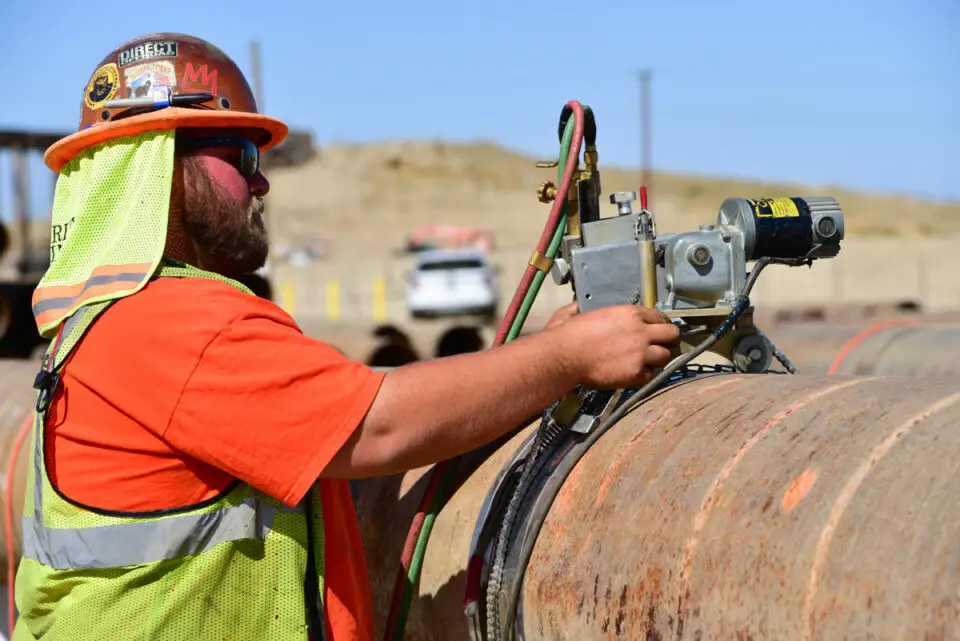REGION — The San Diego Association of Governments’ board of directors on Dec. 17 approved a controversial community benefits agreement, or project labor agreement, a deal that nearly guarantees union-only contracts for projects stemming from the agency’s $162.5 billion regional transportation plan.
The five-year deal between SANDAG and the San Diego County Building and Trades Council states that building trades and signatory unions will implement hiring goals for “targeted” and disadvantaged workers and no work stoppages. Contracts under $5 million are not covered by the project labor agreement, or PLA.
According to SANDAG, the community benefits agreement, which the board approved in a 10-7 vote, will “benefit the San Diego region by advancing racial equity, assisting vulnerable individuals and supporting underserved local communities.”
But the approval received heavy criticism from board members who opposed the labor agreement for a variety of reasons, including the additional costs to project contracts. SANDAG Executive Director Hasan Ikhrata and Elaine Richardson, SANDAG’s director of diversity and equity, both said it was not possible to project any expected cost increases.
“The plan is $163 billion, and you don’t know what your labor costs are?” asked Carlsbad Mayor Matt Hall. “These typically cost between 13.5% to 25% for a PLA. That’s a minimum $5 billion to $10 billion increase.”
meetingid_5684_31303In addition to cost increases, opponents panned the agreement as one steeped in unequal opportunities for non-union labor, forcing non-union workers to pay into union benefits and retirement while not vesting in those benefits and allowing only three workers per non-union business to work.
However, proponents argue the agreement is inclusive, will promote a number of work programs for targeted demographics, a skilled workforce and local hires.
One of the board’s more controversial moves came earlier this year when it approved allowing the National Black Contractors Association to be part of the negotiations after the organization called out the board for its unequal treatment of non-union shops by leaving them out of those discussions.
But approximately two months later, the board majority later reversed course and voted to remove the National Black Contractors Association from negotiations with SANDAG.
Abdur-Rahim Hameed, president of the National Black Contractors Association, called out the board for discrimination, along with long-held practices from state and federal union leadership of forcing non-union workers to pay for work without receiving benefits.
Alexis Hameed, director of outreach for the National Black Contractors Association, questioned whether PLAs are the new Jim Crow and hammered the board by saying the politicians exploit the association’s members by using their images during campaigns.
Eric Christen, executive director of the Coalition for Fair Employment in Construction, said equity stops having meaning when big labor unions use this to fund campaigns. Christen said three workers must pay $20 per hour to the unions along with union dues they will never vest.

“When a system doesn’t work, you start over,” Alexis Hameed said. “To the members who vote for the CBA (community benefits agreement), this will follow you forever.”
However, San Diego Mayor Todd Gloria, Encinitas Mayor Catherine Blakespear and County Supervisor Terra Lawson-Remer said the project labor agreement is inclusive and will allow SANDAG to hire vulnerable and underrepresented workers and meet diversity and equity goals.
Gloria said there is a misunderstanding of project labor agreements and noted they provide a stable workforce and avoid cost overruns. Lawson-Remer said the agreement will raise all boats and is a public benefit.
“There is really valuable precedent in our region with school bonds and in L.A,” Lawson-Remer said. “There is quite a bit of data with projects that are built on time and within budget.”
Del Mar Mayor Terry Gaasterland did not support the project labor agreement and voted to delay the measure as there is not enough data in identifying targeted workers, along with the validity of PLAs. She said without those numbers and metrics, the agreement is incomplete.
Oceanside Councilman Christopher Rodriguez was blunt in his comments, calling the approval of the labor agreement a scheme by the unions to siphon public money into their coffers and then fund union-backed Democrats for office so they can approve the proposed half-cent tax proposal for the transportation plan in 2022.
As for local hiring, much of the workforce will not be local despite claims stating the opposite. Since SANDAG receives federal funding, this prevents the metropolitan planning agency from limiting its workforce to locals only. According to Richardson, the Mid-Coast Trolley, for example, only employed 50% to 55% local workers.



